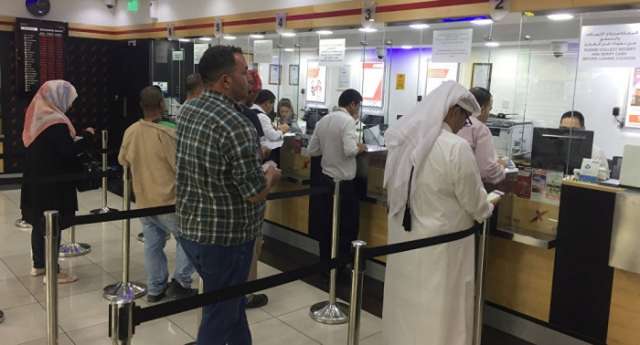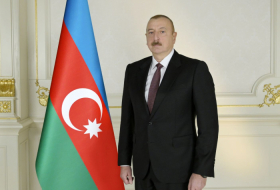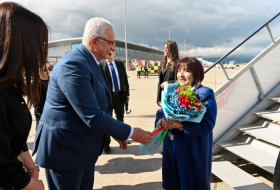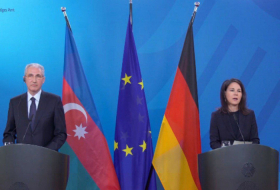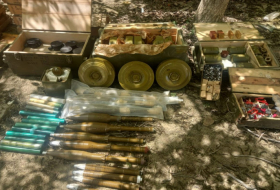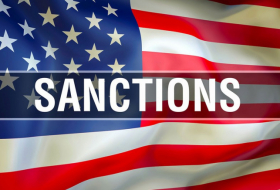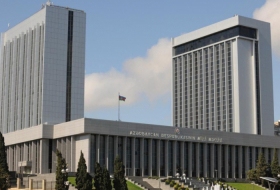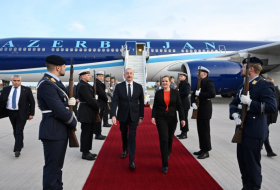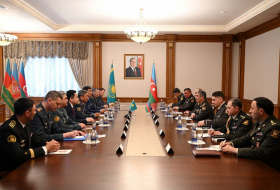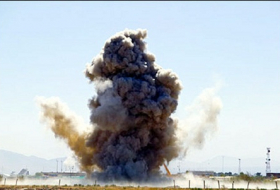On June 5, Saudi Arabia, the UAE, Bahrain, Egypt, Yemen and Libya cut diplomatic ties with Qatar, alleging that the Gulf nation supports terrorists and militant groups with ties to Iran.
Saudi Arabia closed the crossing at Qatar's only land border, which Qatar uses to import about 40 percent of its food supplies. Qatar's Arab neighbors also denied permission for the national carrier Qatar Airways to use their airspace, and airline carriers from the UAE canceled all flights to Doha.
Iran, with which Qatar shares a natural gas field in the Persian Gulf, and Turkey, which has a military base in Qatar, have sent deliveries of food and other supplies to Qatar by sea.
While the Qatari riyal has been officially pegged at $3.64 to the dollar since 2005, offers for the currency have fallen below the fixed rate amid a fall in demand. According to Bloomberg data, the spot exchange rate for the riyal dipped to 3.79 on June 26, before recovering to 3.72 on Friday.

Financial traders said the two percent decrease in the riyal's spot exchange rate, despite the peg, is a result of low liquidity resuling from the sanctions, which have disrupted financial operations. The sanctions have led many banks in Saudi Arabia, the UAE and Bahrain to stop trading with Qatari institutions, while international banks have cut back on trading with Qatar because of political risk.
Most exchange houses in the Gulf have also stopped accepting Qatari riyals, and foreign exchanges in many countries have followed suit, citing a lack of demand for the currency.
"I'm in (Los Angeles) and I tried to exchange Qatari riyals at multiple banks (US Bank, Bank of America, Chase etc.) and they've informed me that a directive was sent out to all US banks not to accept Qatari Riyals at all," one Qatar resident told Doha News.
In the UK, Halifax Bank of Scotland (HBOS) confirmed that they were not buying riyals from customers "as there was no market for selling them."
According to Arab News, the Post Office, one of the UK's main currency exchanges, "temporarily" stopped trading in riyals on June 5 because banks refused to trade in the currency.
"Banks we utilize to dispose of excess Gulf currencies informed us at the outset that they were no longer buying (Qatari riyals)," a Post Office spokeswoman told the news outlet.
Last week, Saudi Arabia, Bahrain, the United Arab Emirates and Egypt presented Qatar with a 13-point list of demands that it must fulfil in order to have the blockade lifted.
The ultimatum demands that Qatar, among other things, cut its ties with Iran, close the Turkish military base on its soil and shut down Al Jazeera and its affiliates. Other demands call on Doha to publically denounce relations with Islamist groups, end its suspected financing of terrorism and hand over persons designated as terrorists by Saudi Arabia, the United Arab Emirates, Bahrain and Egypt. Moreover, financial compensation is demanded of Qatar, although the sum was not reported.
More about: #Qatar-crisis








